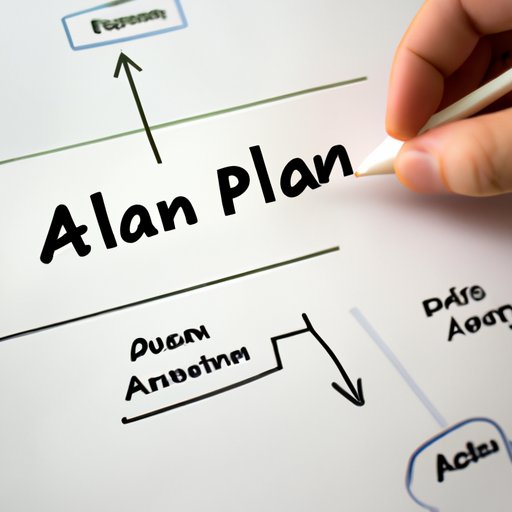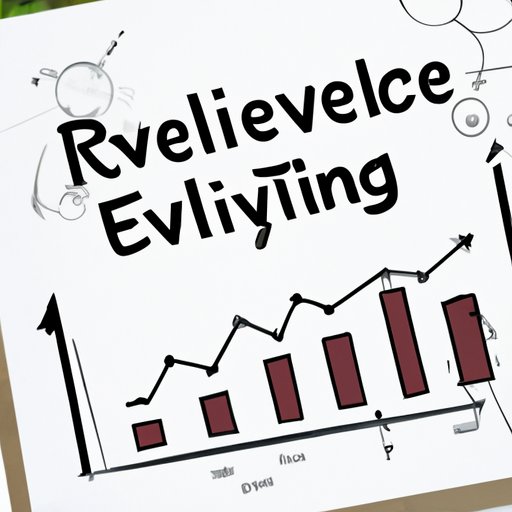Introduction
Strategic thinking is the process of making decisions to achieve desired outcomes. It involves assessing a situation, gathering relevant information, considering all possible solutions, and developing a plan of action. Strategic thinkers are able to anticipate future trends and obstacles in order to reach their goals. Strategic thinking skills can be invaluable in any field, from business to education to personal development.

Identify Your Goals and Objectives
The first step in developing strategic thinking skills is to identify your goals and objectives. Establishing long-term goals will provide direction and purpose, while identifying short-term objectives will help you break down the steps needed to reach those goals. This will also help you prioritize tasks and stay focused on the big picture.
Analyze the Situation
Once you have established your goals, it’s time to assess the current situation. This involves taking an honest look at your strengths and weaknesses, as well as the opportunities and threats present in your environment. By understanding the context of the situation, you’ll be better equipped to identify potential solutions.
Research Relevant Information
Gathering data and analyzing trends is an important part of strategic thinking. Researching relevant information helps you understand the implications of your decisions and plan accordingly. You may need to consult experts, read up on industry trends, or analyze past performance in order to gain the necessary insights.
Consider All Possible Solutions
The next step is to brainstorm ideas and consider all possible solutions. Generating multiple options gives you more room to maneuver and makes it easier to find the best solution. Take the time to assess the pros and cons of each option and determine which one offers the most potential.

Develop a Plan of Action
Once you’ve identified the best solution, you can begin to create an actionable plan. Set clear goals and establish measurable milestones so you can track your progress. Create a timeline for each task and delegate responsibilities to ensure everything gets done in a timely manner.
Monitor Progress and Make Adjustments
As you move forward, it’s important to monitor progress and make adjustments as needed. Keeping tabs on progress will help you stay on track and identify any issues before they become serious problems. Be prepared to adjust your plan if necessary and address any unexpected challenges that arise.

Evaluate Results and Refine Strategies
Finally, take the time to evaluate results and refine strategies as needed. Reflect on what went right and wrong and use the insights gained to improve your approach in the future. Identifying areas of improvement and adjusting tactics accordingly will help you stay ahead of the competition.
Conclusion
Developing strategic thinking skills requires practice and dedication. By following the steps outlined above, you can hone your skills and make smarter decisions to reach your goals. Strategic thinking can help you stay focused on the big picture and anticipate future obstacles, giving you the edge you need to succeed.
(Note: Is this article not meeting your expectations? Do you have knowledge or insights to share? Unlock new opportunities and expand your reach by joining our authors team. Click Registration to join us and share your expertise with our readers.)
